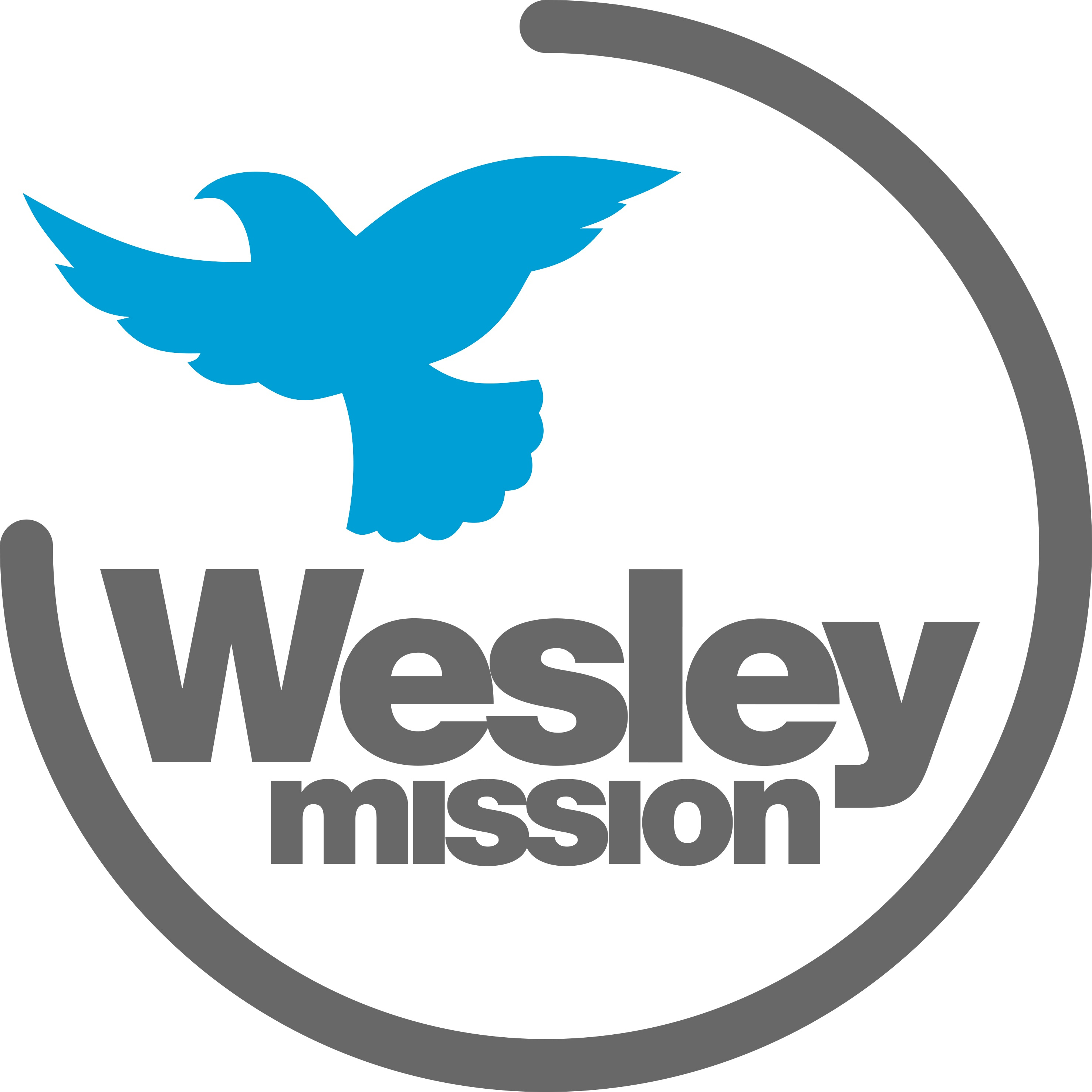Wesley LifeForce
Wesley LifeForce provides suicide prevention services that educate and empower local communities, supporting people most at risk. Established in 1995, Wesley LifeForce began as a response to the growing number of suicides in Australia.
Wesley LifeForce take a comprehensive approach to tackling suicide by working across the areas of prevention, intervention and postvention.
Wesley LifeForce offer:
- support and resources to community networks helping to prevent suicide
- training in how to address mental health in the workplace
- suicide prevention training workshops for community members and healthcare professionals
- Lifeline telephone crisis support; and
- postvention memorial services for those suffering the loss of a loved one.
About
Service regions
- All of Australia
Focus populations
- Multiple focus
Activities
- Conducts Research
Organisation type
- Not-for-profit
Affiliations
- Suicide Prevention Australia
- National Coalition for Suicide Prevention (NCSP)
